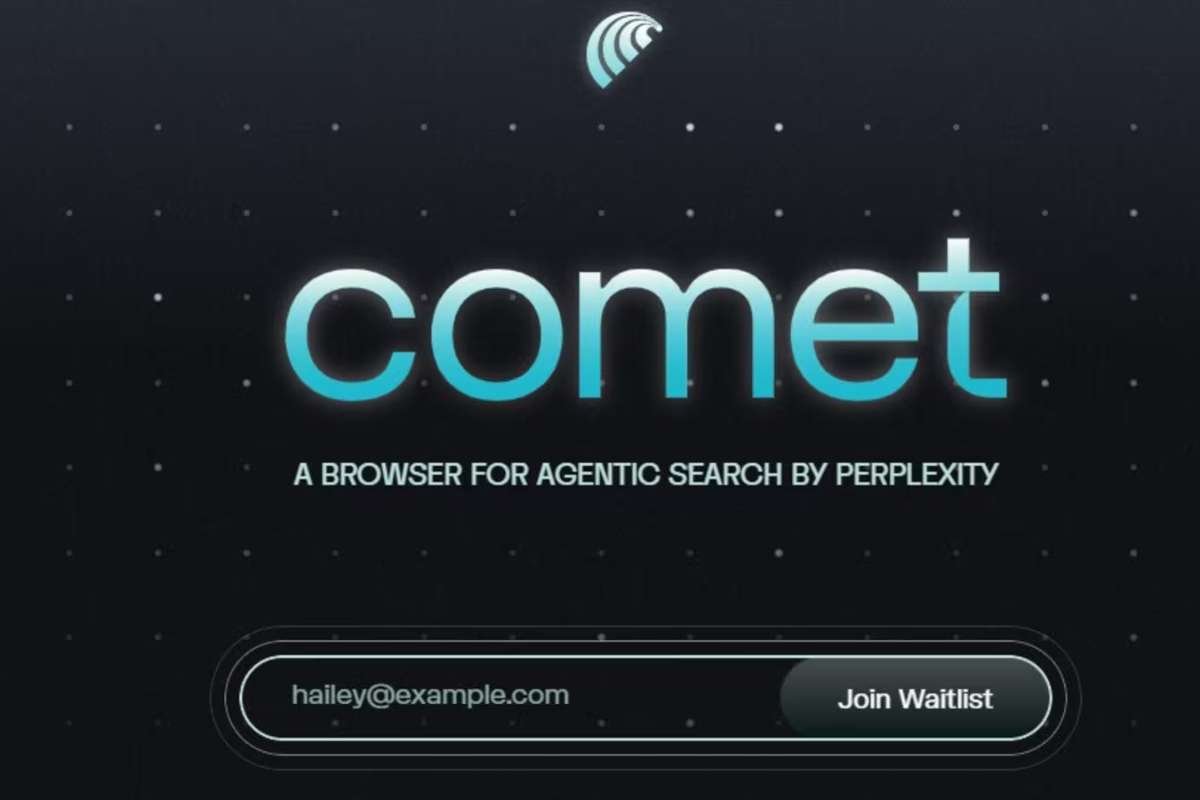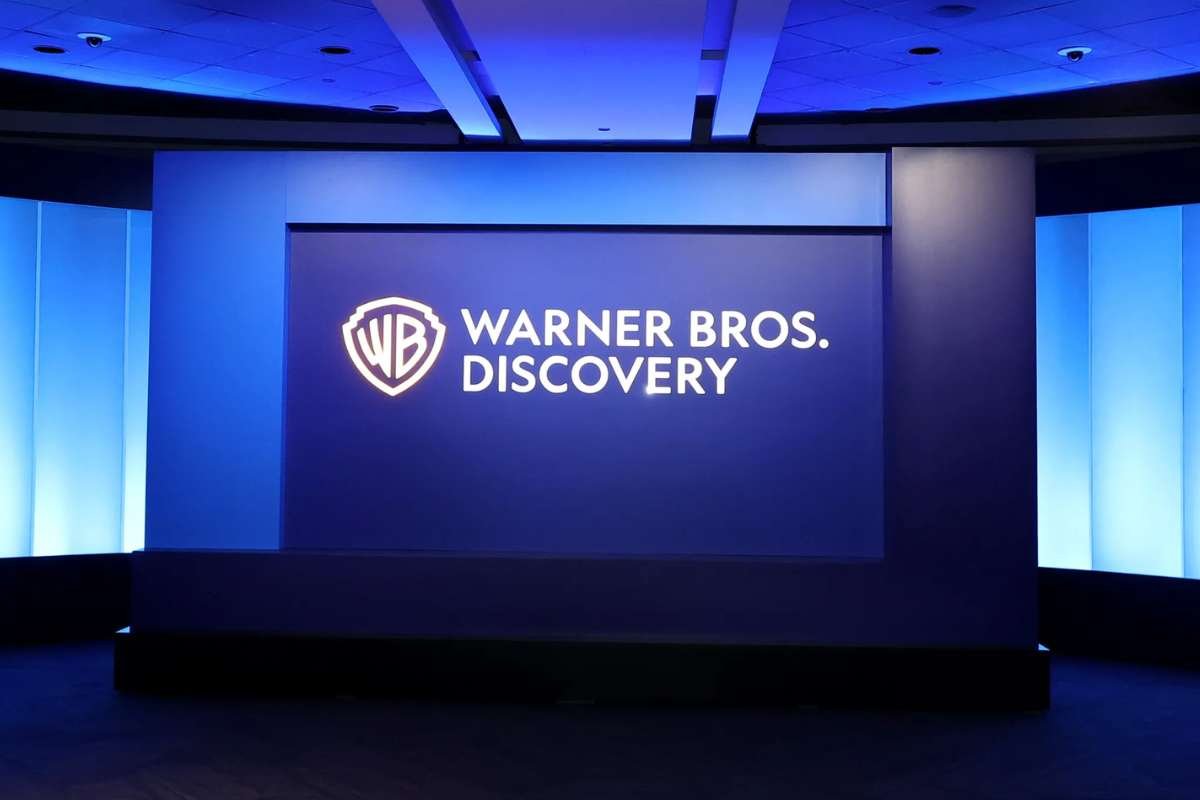Perplexity AI, the fast-growing search startup backed by Nvidia, has officially launched Comet, an AI-native web browser designed to revolutionize the way users interact with the internet. Unlike traditional browsers, Comet integrates Perplexity’s conversational AI directly into the browsing experience, transforming search from a manual task into a seamless, cognitive process.
Built on Chromium, Comet offers familiar navigation features but is distinguished by its AI-powered assistant sidebar. This assistant can summarize pages, book meetings, send emails, compare products, and even make purchases—all through natural language commands. It understands page context and retains memory across sessions, allowing users to carry out entire workflows without jumping between tabs or apps.
What makes Comet particularly striking is its privacy stance. Perplexity AI claims user activity remains local and is not used to train its foundation models—an assertion aimed at users wary of data exploitation.
Pricing and Strategic Rollout
Currently, Comet is available only to select users via a waitlist and to subscribers of Perplexity’s top-tier plan, Perplexity Max, priced at $200 per month. This steep price tag positions Comet as a premium tool for knowledge workers, researchers, and power users who prioritize advanced productivity features.
The browser supports Windows and macOS at launch, with plans to expand to Linux, Android, and iOS. According to Perplexity, a broader invite-based rollout is expected in the coming months, with pricing models likely to diversify as the platform scales.
This release follows Perplexity’s February teaser and arrives on the heels of a massive $500 million funding round that brought its valuation to $14 billion. The browser debut is a strategic move as Perplexity competes with industry giants like Google and Microsoft, who are also embedding AI into Chrome and Edge, respectively.
Industry Implications and Challenges Ahead
Comet enters an increasingly crowded AI browser landscape. Companies like The Browser Company (makers of Arc), OpenAI, and Rabbit have all taken steps toward AI-first interfaces. But Perplexity AI approach—treating the browser as a full-stack cognitive assistant—sets a new benchmark in the race to define what comes after traditional search.
CEO Aravind Srinivas has described Comet as a “cognitive operating system,” hinting at a future where users rely on conversational workflows instead of typing search queries or managing multiple tools. The long-term goal: make Comet the user’s default browser, enabling what Srinivas calls “infinite retention” through daily-use engagement.
However, the company faces notable challenges. Comet’s deep integration with personal workflows, accessing calendars, inboxes, and transaction data, raises concerns over privacy and control. Furthermore, Perplexity is under scrutiny from major publishers such as News Corp and Dow Jones over the unauthorized use of content in its AI-generated responses. In response, the company has initiated a partnership program to license content appropriately.
Ultimately, Comet represents more than just a browser it’s Perplexity’s boldest step yet toward an AI-native internet. Whether it will disrupt incumbents like Chrome or remain a high-end niche tool depends on user adoption, ethical handling of data, and the evolution of trust in AI-driven environments.


















